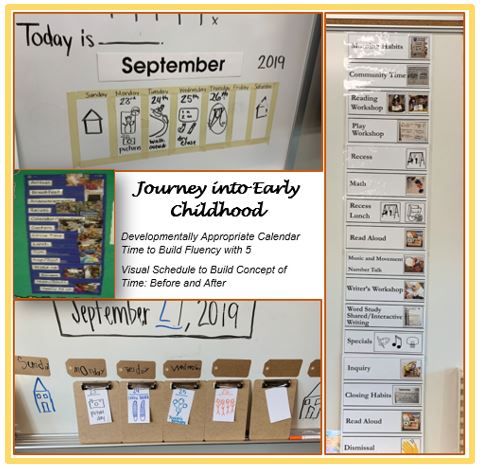NAEYC Statement on Equitable Education:
All children have the right to equitable learning opportunities that enable them to achieve their full potential as engaged learners and valued members of society.
Each child will…
- demonstrate self-awareness, confidence, family pride, and positive social identities;
- express comfort and joy with human diversity, use accurate language for human differences, and form deep, caring human connections across diverse backgrounds;
- increasingly recognize and have language to describe unfairness (injustice) and understand that unfairness hurts;
- have the will and the skills to act, with others or alone, against prejudice and/or discriminatory actions.
For full statement, visit https://www.naeyc.org/resources/position-statements/equity-position

Review (based on your role in education):
Recommendations for Everyone
and/or
Recommendations for Early Childhood Providers
and/or
Recommendations for Administrators
Reflective Questions:
1. Read the recommendations, what are the areas in which your teaching and/or program are strong?
2. Read the recommendations, what are the areas in which your teachers and/or program need some tweaking?
3. Make a plan for this school year- what is one change that you and your team can implement?
4. Make a long term (1-3 year plan) for you and your team- how can you tweak your program to become more equitable and meet the recommendations as set forth by NAEYC.
More reflective topics on racial equity to explore during PLCs or team meetings:



 I was blessed to visit a couple of amazing Kindergarten classrooms in Tulsa, OK and was impressed by their calendar routine among many, many other experiences they are providing their students.
I was blessed to visit a couple of amazing Kindergarten classrooms in Tulsa, OK and was impressed by their calendar routine among many, many other experiences they are providing their students.